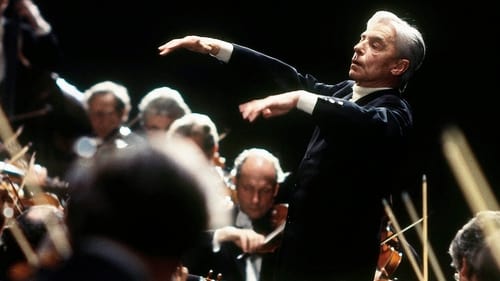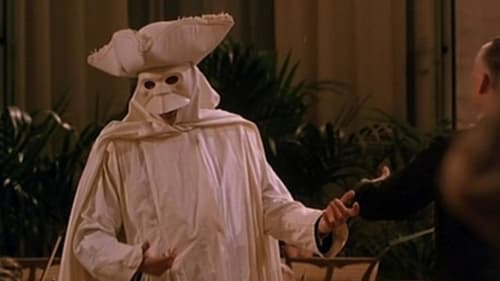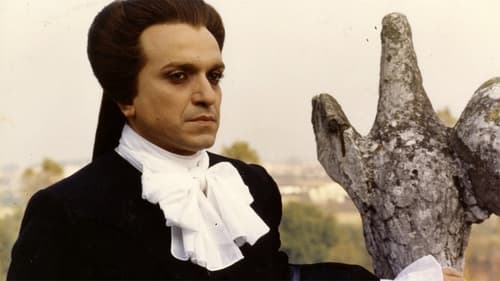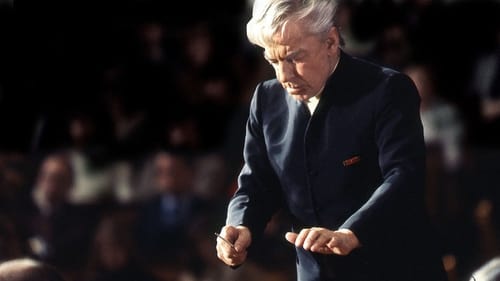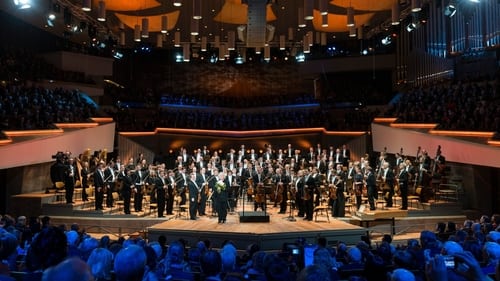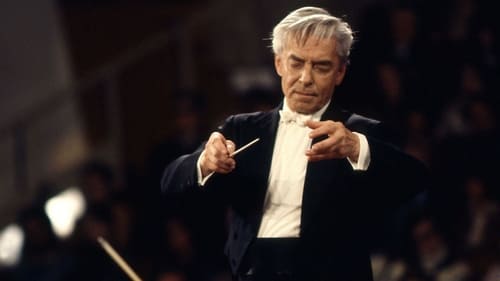José van Dam
출생 : 1940-08-25, Ixelles, Brussels, Belgium
약력
Joseph, Baron Van Damme (born 27 August 1940 in Brussels), known as José van Dam, is a Belgian bass-baritone.
At the age of 17, he entered the Brussels Royal Conservatory and studied with Frederic Anspach. A year later, he graduated with diplomas and first prizes in voice and opera performance. He made his opera début as the music teacher Don Basilio in Gioacchino Rossini’s Il Barbiere di Siviglia at the Paris Opera in 1961, and remained in the company until 1965, when he sang his first major role, Escamillo from Bizet's Carmen. He then sang for two seasons at Geneva, La Scala, Covent Garden, and in Paris. At Geneva, Van Dam sang in the première of Milhaud's La mère coupable in 1966. Lorin Maazel heard van Dam and invited him to record Ravel’s L’heure espagnole with him for Deutsche Grammophon. In 1967, Maazel asked him to join the Deutsche Oper in Berlin.
Van Dam has performed at L’Opéra de Paris, Covent Garden, the Metropolitan Opera, Teatro alla Scala in Milan, Vienna State Opera, Deutsche Oper Berlin, the Théâtre Royal de la Monnaie in Brussels, Teatro Colón in Buenos Aires, the Salzburg Festival, and festivals in Aix-en-Provence and Orange, France.
Van Dam has become the Master in Residence of the singing section at the Queen Elisabeth Music Chapel in his home country, Belgium, since 2011.
Van Dam is also a concert, oratorio, and Lieder singer and has won international awards for his performances on stage and in recordings. Berlin conferred on him the title of Kammersänger in 1974, and the same year he received the German Music Critics’ Prize. Other awards include the Gold Medal of the Belgian Press (1976), Grand Prix de l’Académie française du Disque (1979), Orphée d’Or de l’Académie Lyrique Française (1980), the European Critics’ Prize, (1985), Diapason d’Or and Prix de la Nouvelle Académie du Disque (1993), and the Orphée d’Or de l’Académie du Disque Lyrique (1994).
In August 1998, His Majesty King Albert II of Belgium made van Dam a baron, recognizing him as one of the finest classical singers. On 4 December 1999 van Dam was one of the performers at the marriage of Belgium's Crown Prince Philippe and Mathilde d'Udekem d'Acoz.
Van Dam is featured as one of the three interviewees in 'Doucement les Basses', with Gabriel Bacquier and Claudio Desderi discussing their approach to roles in the bass-baritone repertoire.
Van Dam appears in the films The Music Teacher (1988) as Joachim Dallayrac, and in Don Giovanni (1979) as Leporello, directed by Joseph Losey, and conducted by Maazel. Also featured in that film are Ruggero Raimondi, Dame Kiri Te Kanawa, Teresa Berganza, Edda Moser, Malcolm King, Kenneth Riegel and John Macurdy. Van Dam also appears as Hans Sachs in the DVD of the 2003 Zürich Opera production of Die Meistersinger conducted by Franz Welser-Möst. ...
Source: Article "José van Dam" from Wikipedia in English, licensed under CC-BY-SA 3.0.




